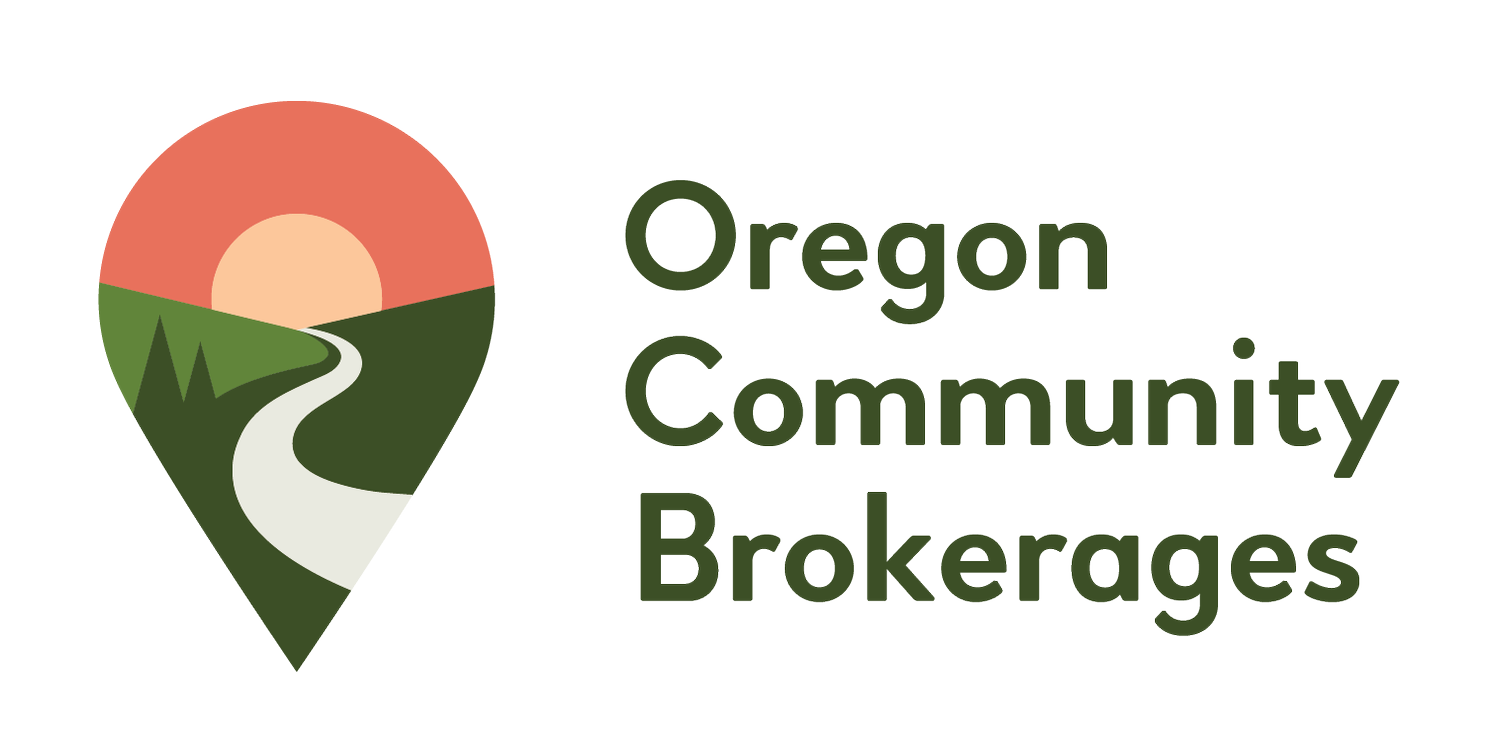2023 Oregon Legislative Session
The 2023 Oregon Legislative Session is underway. This full session will span no more than 160 days, and will see the creation of many new laws and legislative actions, as well as a state budget for the 2023-2025 biennium. With so much on the to-do list, it comes as no surprise that hearings are scheduled and new committee agendas are being published by the minute. To get in the swing of things, we’ll walk through some basics of legislative session, and how it all connects to Brokerages and Intellectual and Developmental Disability (IDD) services.
Members of the Oregon legislature make a host of critical decisions each session that affect the lives of both Brokerage employees and people with IDD. Without support to understand the context and impact of those decisions, legislators will not have all the information they need. We need advocates to support the legislative process with their real-life experiences and insights. Help legislators by connecting the dots between the decisions in front of them and the impact on your life.
A few of our key engagement issues:
Brokerages (what pays for Brokerage staff, office space, utilities, etc.) are funded through the legislative budgeting process. We’re found under “IDD Case Management” in the Human Services Budget.
Support Services (what pays for the items in a person’s ISP, including all of their direct care supports) are funded through the legislative budgeting process. These are also itemized in the Human Services Budget.
Laws that affect IDD services are sponsored, considered, and passed by the legislature. There are bills that direct studies, bills that change Oregon statutes, bills that change definitions, and bills that create new services.
Laws that affect people with IDD are sponsored, considered, and passed by the legislature. There are many bills of interest to people with IDD as Oregonians. There are some bills, however, that stand to disproportionately impact people with IDD because of population demographics, such as high population of renters, use of Special Education resources, high use of public benefits like SNAP and housing subsidies, etc.
For all these reasons, the legislative process is deeply tied to brokerages, our services, and the people in our community. •The Oregon Community Brokerages (formerly OSSA) Executive Director, Katie Rose, works with Brokerages to connect with people and drive the policy direction of the advocacy. (The content–what do we want, and why?). Our contract lobbyists, Elise Brown and Peter Brown of Ebi Public Affairs, support it with guidance, strategic advice, and increased access to legislators and important decision-makers.
We read through the thousands of bills that are introduced each session from the angles above, and more. When a bill appears to affect our interests, we flag that bill to follow through the legislative process. Thousands of bills are already published on the Oregon State Legislature site. We will be sharing our short list of bills we’re following soon. For instructions and tips on how to search for bills, check out this guide on the site. We also strongly encourage you to subscribe to the Oregon DD Coalition’s GO! Project, and specifically their GO! Bulletin that comes out each week during session. You will get updated information on bills, committee hearings, issues in the Capitol, and ways to engage.
The legislature is broken out into policy committees, which lead the legislative work on their specific topic. They hold informational hearings, field all bills related to their area of focus, and put forward bills that they think make sense. Committees hold a lot of power in the legislative process. They determine the agenda each session for their subject domain. They decide who speaks, which topics get hearings, which bills move forward, etc. For this reason, we often prioritize meetings with legislators on a short list of committees. For our areas of interest, bills and budget issues are mostly routed to the following committees:
•Senate Committee on Human Services
•House Committee on Early Childhood and Human Services
•Joint Committee on Ways and Means Subcommittee on Human Services
•Joint Committee on Ways and Means
You can follow those committee activities by clicking the links above. Committee Hearings are always broadcast live online, and recorded for later viewing—just click on the date of the broadcast you want to view. View agendas online, written testimony and supporting documents, and links to bills under consideration.
Approaching the front entrance to the Oregon State Capitol Building, before the current construction work to improve building safety.
To wrap up our walk through, a word about in-person access to the Oregon State Capitol building. The Capitol building is currently under construction as part of a multi-year renovation plan to update and retrofit the building for safety. Due to this planned construction, large potions of the building are off-limits to the public, including the historic rotunda and front entrance. The rear entrance, facing Willamette University, is the main entrance during this phase of construction. Hearing rooms, located immediately off this entrance, are still in use, as are the office spaces of Senate and House members. However these spaces can become cramped at the best of times, and during this partial building closure, capacity will be limited. Entrance may be denied due to safety limitations, and people who do get in may find it takes longer to get where they need to go. For all these reasons and more, virtual meetings with legislators and virtual testimony at hearings are still available options for participating in the legislative advocacy process.
We look forward to an exciting 2023 session!

